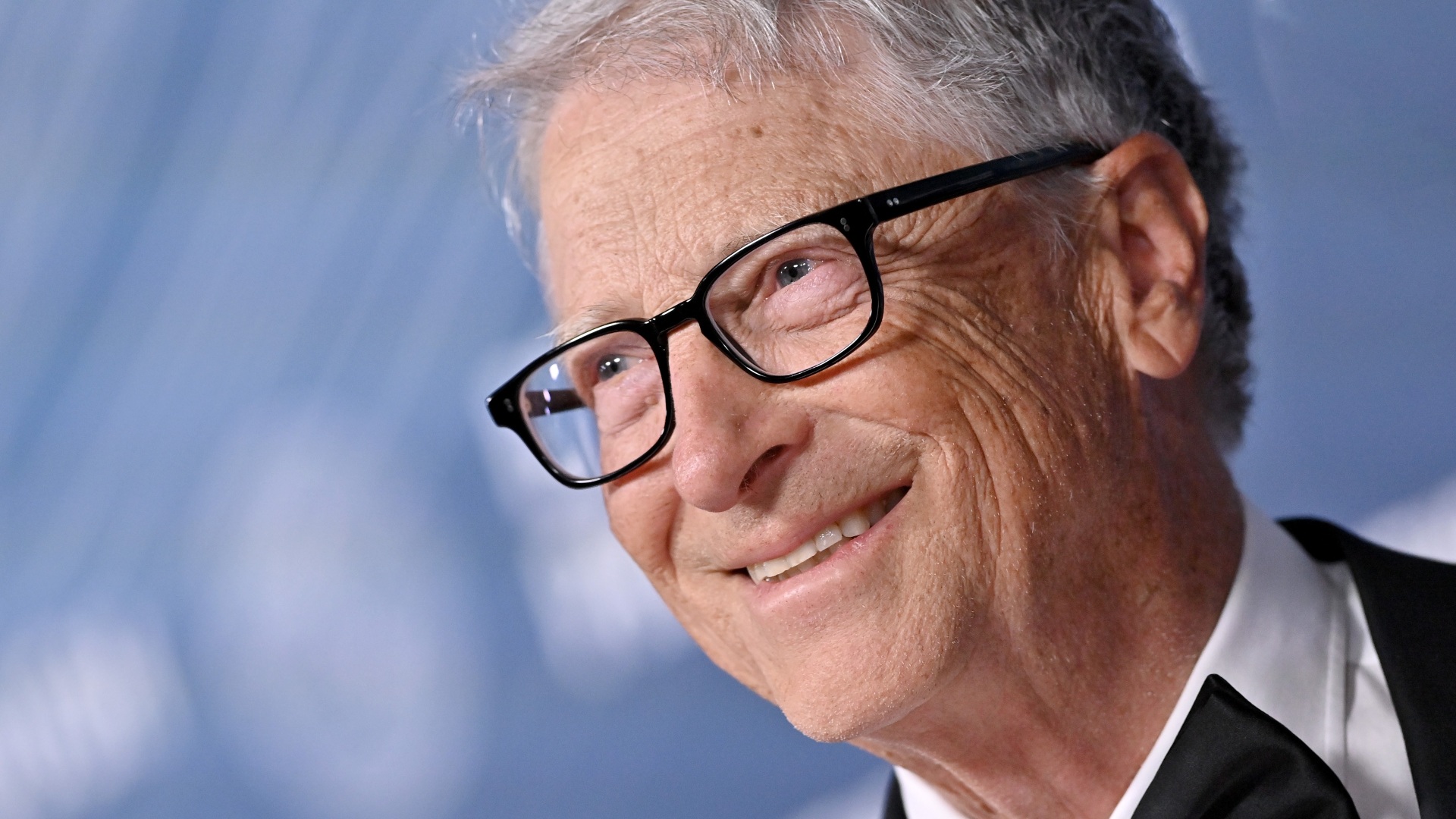As you may know, Microsoft co-founder Bill Gates left the tech giant to focus on philanthropy efforts through the Gates Foundation, though he’s still rumored to be intimately involved in the software giant’s affairs with his word treated as gospel.
While Microsoft was a hit shortly after its early founding days, Gates admitted that he struggled to revel in the company’s success until the late 90s. Since then, the executive has made a fortune from the company, earning him the coveted billionaire status.
However, the philanthropic billionaire plans to give away $200 billion through his foundation by 2045. While speaking to the Financial Times, the billionaire plans to spend the next 20 years eradicating deadly diseases, ending premature deaths of mothers and babies, and emancipating hundreds of millions of people from the cusps of poverty.
Interestingly, Gates accused his fellow billionaire, Elon Musk, of “killing the world’s poorest children.” He attributed his claims to Musk’s recent cuts to the U.S. foreign aid budget via the Department of Government Efficiency. “The picture of the world’s richest man killing the world’s poorest children is not a pretty one,” Gates added.
For context, Bill Gates’ net worth is approximately $108 billion, making him the fifth-wealthiest person in the world. However, with his new philanthropic plans, his net worth is expected to drop by 99% by 2045.
The $200 billion he plans to give away is expected to stem from his personal wealth and Gates Foundation’s existing $77 billion endowment.
Bill Gates revealed that he previously met with President Trump to express his concerns about the situation and its potential negative implication on the progress that had already been made via the USAID program.
According to Gates Foundation CEO Mark Suzman:
“The world is in a moment where we are facing, literally, the toughest political and economic headwinds to our agenda since we were established.”
To that end, the Gates Foundation’s annual budget is expected to reach $9 billion by 2026 and is projected to hit $10 billion annually after that, following the government’s major cuts to the U.S. foreign aid budget.
However, Gates warns that these efforts won’t be able to fill the wide gap abandoned by the government. Interestingly, he believes that the rapid advances in the generative AI landscape coupled with his philanthropic efforts might help expedite the process.





